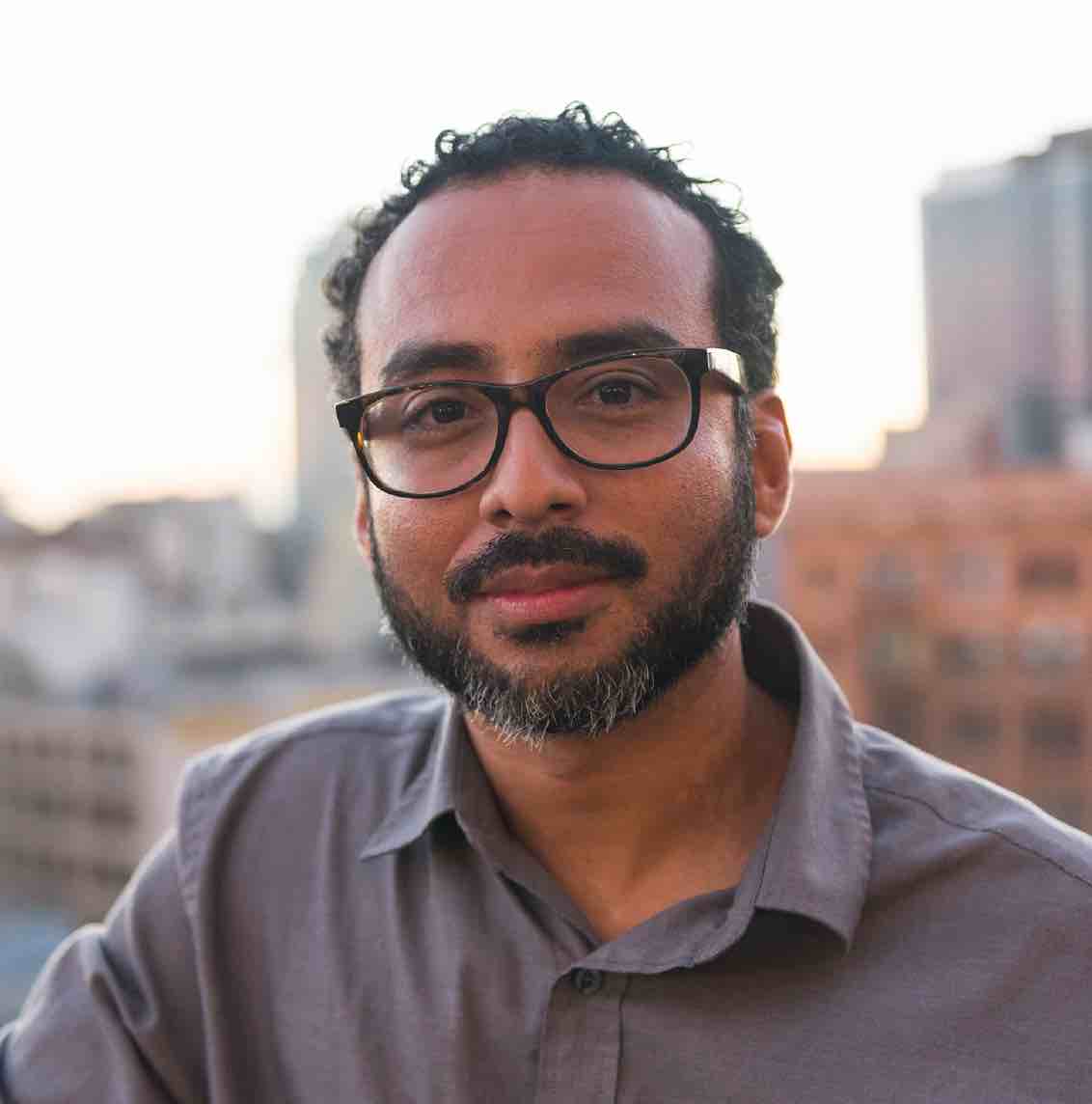
Summary: Illinois State University (ISU) has launched a revolutionary step toward the ethical use of artificial intelligence (AI) by convening a dedicated committee to guide responsible AI practices in the university environment. This committee aims to not only address the challenges but also leverage the benefits of AI across the various departments of the university, ensuring its benefit to the entire campus community.
As AI continues to integrate into academic life at Illinois State University (ISU), the institution has outlined a visionary plan to ensure its ethical application. To this end, a new committee for the responsible use of artificial intelligence has met to define a strategic framework for the reasoned use of AI.
Comprised of faculty, support staff and students, this diverse 30-member body met in Stevenson Hall, assigning leadership roles to Charles Edamala, the university’s chief technology officer, and Dr. J. Cooper Cutting, assistant vice president for academic planning. Their shared mission is to develop a clear statement that will define the university’s position on the ethical use of AI.
Conversations within the committee highlighted the complexity of AI issues and resisted simplifying the discourse into simple answers. Instead, members agreed on the need for thoughtful and in-depth discussions addressing the multifaceted nature of AI.
President Aondover Tarhule set an ambitious and optimistic tone during his opening speech, seeing the University as a pioneering force in balancing the potential benefits and risks of AI, and as a cornerstone in the development of its trajectory within the ISU.
The committee’s diverse membership, which extends beyond computer science experts to include 200 interested students, underscores the university’s commitment to a multidisciplinary approach. Dr. Dmitry Zhdanov, an authority on cybersecurity, shared his views on the future of AI, emphasizing the importance of fairness, transparency and accountability, as well as human element in using technology.
Interim Vice President for Academic Affairs and Dean Dr. Ani Yazedjian expanded on the speech by highlighting the myriad possibilities that AI brings to the higher education landscape beyond just plagiarism detection. By developing a comprehensive guide to AI applications in academic sectors, ISU aims to improve its operational, research and teaching efforts.
The committee plans to meet monthly, dividing into four subcommittees focused on research, operations and implementation, teaching, and policy governance. Each group will help form a pathway to ensure the beneficial integration of AI into university systems.
Advances in artificial intelligence at Illinois State University are approached with a commendable emphasis on ethical considerations. As AI technology becomes increasingly influential across many sectors, including academia, the need for a comprehensive and responsible approach is crucial. The ISU Committee for the Responsible Use of Artificial Intelligence is a pioneering example of this mindset, recognizing the complex challenges of using AI technology.
The AI industry is growing rapidly and market forecast anticipate significant expansion in the coming years. According to various industry analyses, the global AI market size is expected to reach billions of dollars, with an impressive compound annual growth rate. Increasing investment in AI research, development of more sophisticated algorithms, and wider adoption across different sectors are fueling this growth. The healthcare, finance and now academia sectors view AI technologies as essential to innovation and competitiveness.
However, the rapid expansion of AI comes with its set of questions and concerns. These typically revolve around ethics, privacy, transparency, job displacement and the societal impact of automation and decision-making processes. Balancing the benefits of AI while addressing potential risks requires comprehensive governance frameworks, and this is where initiatives such as the ISU Committee play a key role.
For those seeking further information on the broader context of AI’s impact on various sectors, one can visit the official websites of relevant industry associations or research organizations, such as the Global AIan initiative dedicated to ethical AI practices, or the Association for the Advancement of Artificial Intelligence which promotes research in artificial intelligence and scientific exchanges between researchers, practitioners, scientists and engineers in AI.
In academia, AI has the potential to revolutionize everything from administrative processes and personalized learning to cutting-edge research. ISU’s forward-thinking approach is to capture these benefits while conscientiously addressing the human and ethical dimensions of technology integration. As the AI debate continues to evolve, the ISU Committee on the Responsible Use of Artificial Intelligence could serve as a model for other academic institutions, encouraging the additional steps needed to shape a future in which AI enhances human efforts without compromising ethical values or societal well-being.
By devoting subcommittees to specific areas such as research, operations, teaching and policy governance, ISU is paving the way for comprehensive policies that will not only govern the use of AI on their campus , but will potentially influence the trajectory of AI ethics in higher education. big.

Igor Nowacki is a fiction author known for his imaginative ideas on futuristic technology and speculative science. His writings often explore the limits of reality, blending fact and fantasy to imagine revolutionary inventions. Nowacki’s work is celebrated for its creativity and ability to inspire readers to think beyond the limits of current technology, imagining a world where the impossible becomes possible. His articles are a mix of science fiction and visionary technological predictions.


